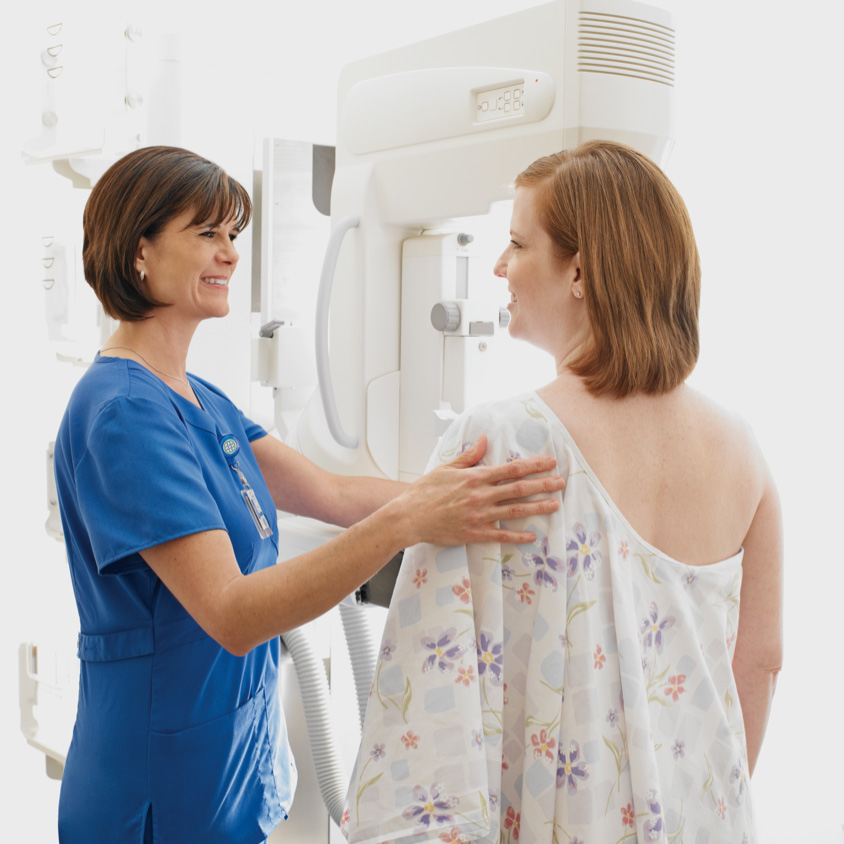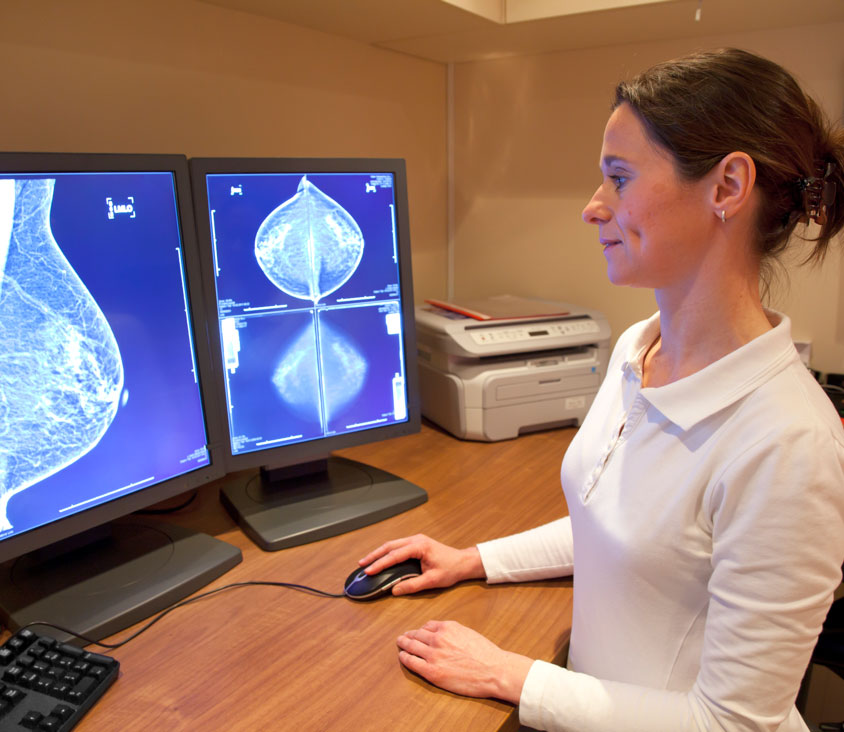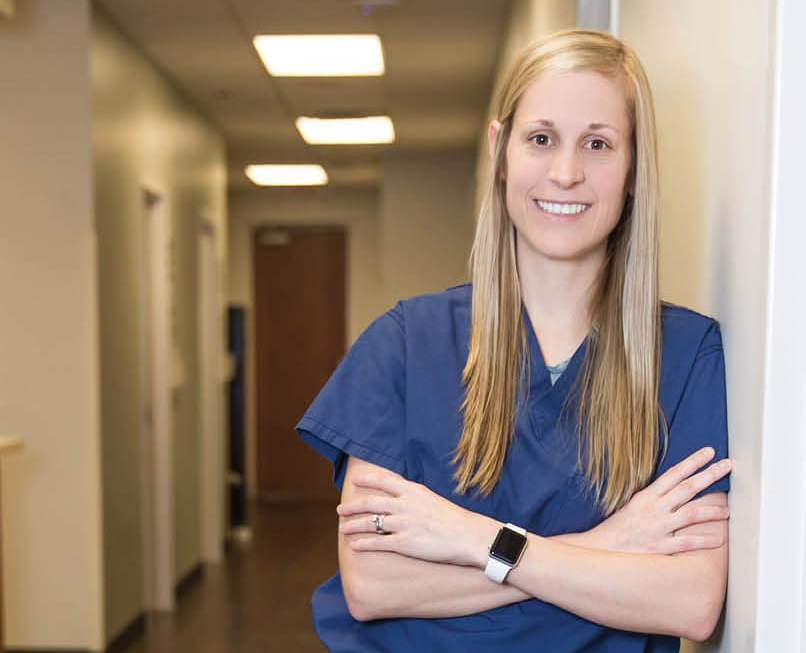Ladies, a mammogram can save your life.
This year, it is expected that close to 270,000 women in the United States will be diagnosed with invasive breast cancer1. The disease is expected to cause close to 42,000 deaths1. And while advances in medical technology and increased funding for breast cancer research have helped heighten national awareness and improve survival rates, the fact is that there are still far too many women who find themselves fighting a difficult battle and undergoing more aggressive treatments than they might have, had their cancer been detected earlier.
A mammogram screening can help identify breast cancer early, when it is most treatable. It is the best method for staying one step ahead of breast cancer.




